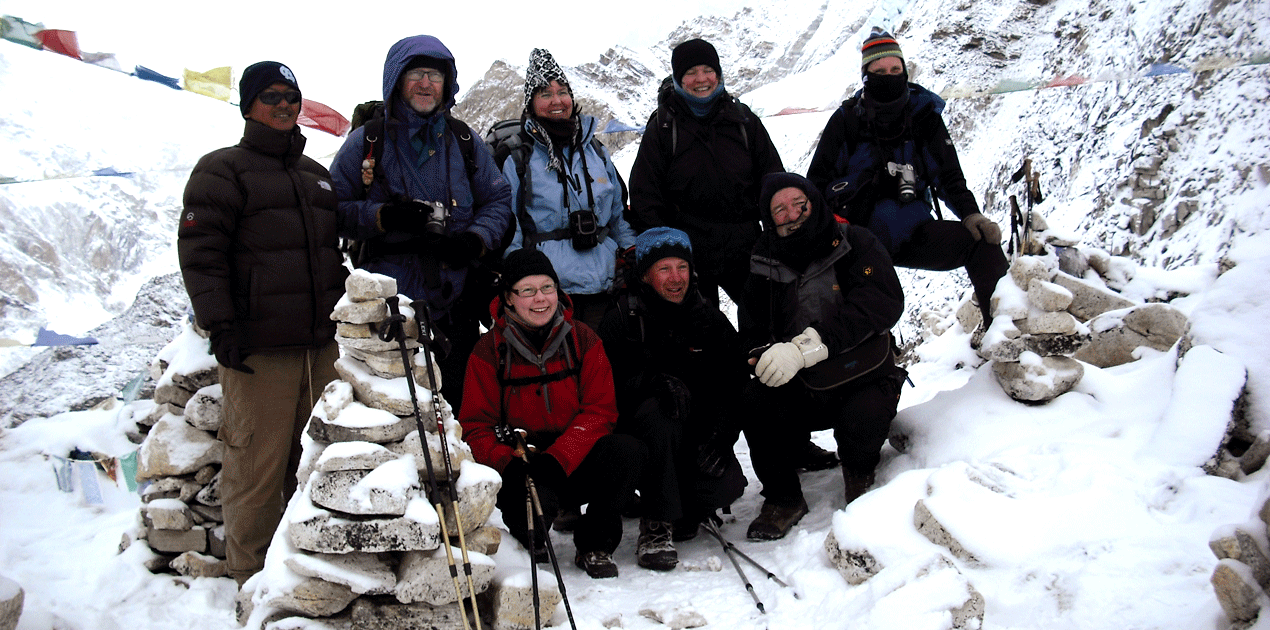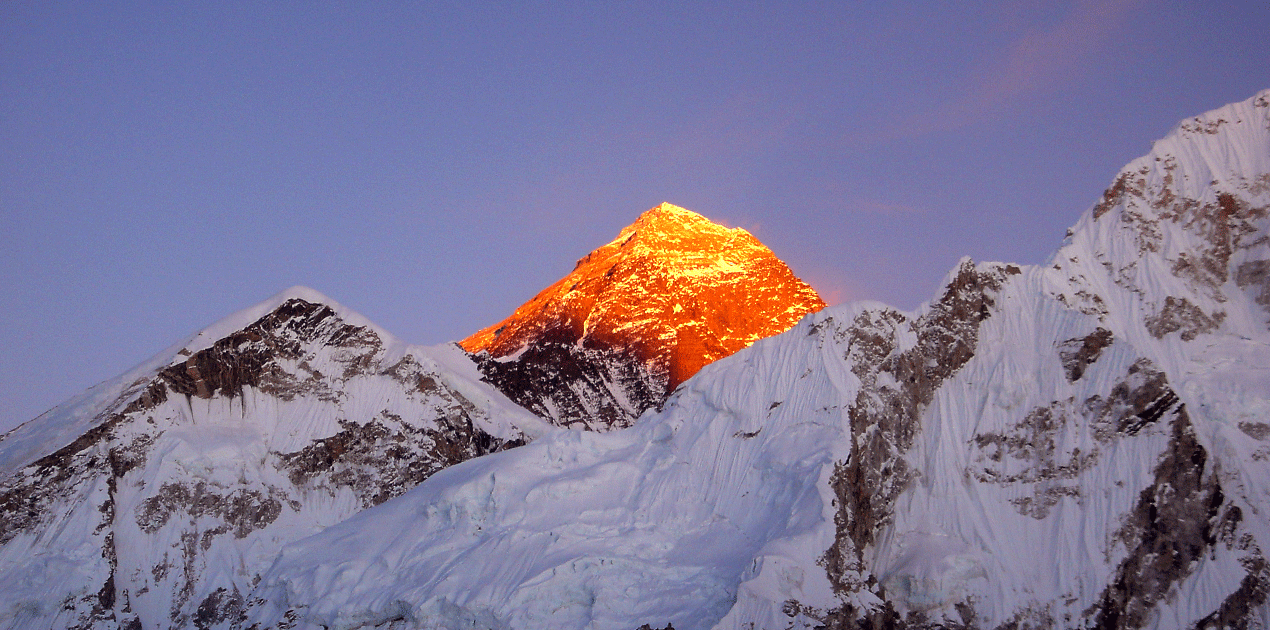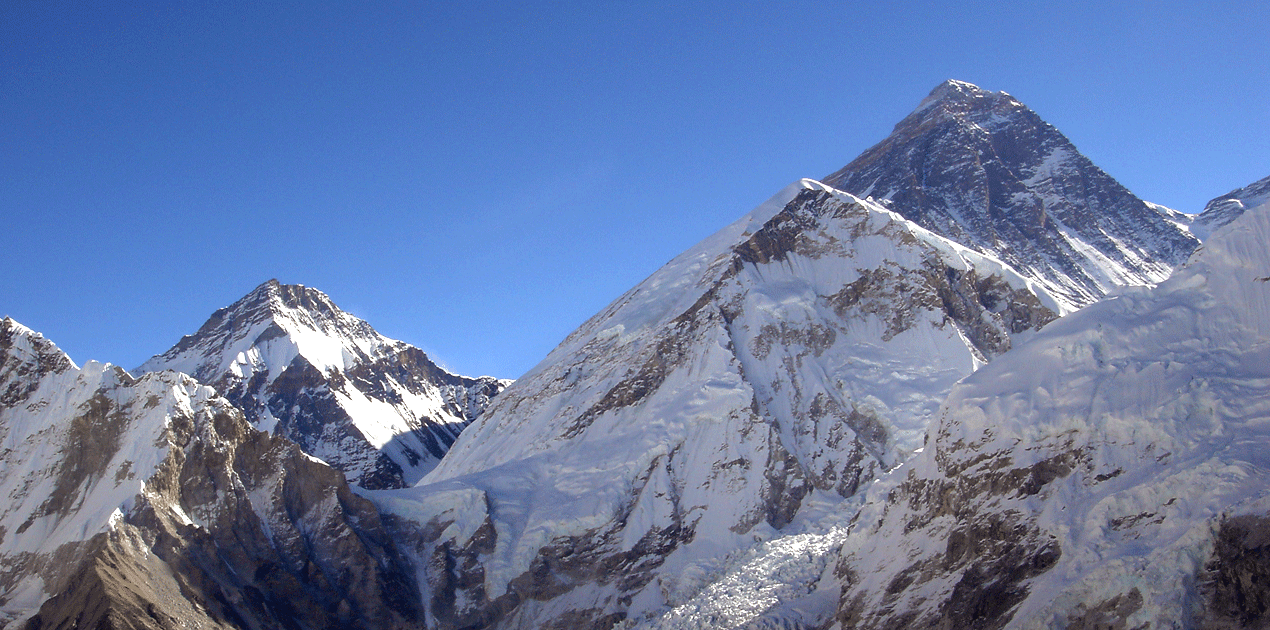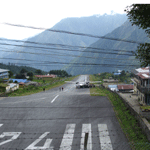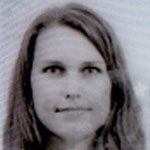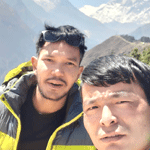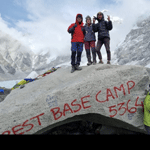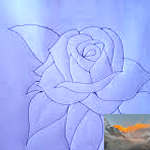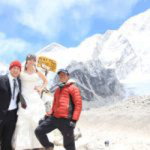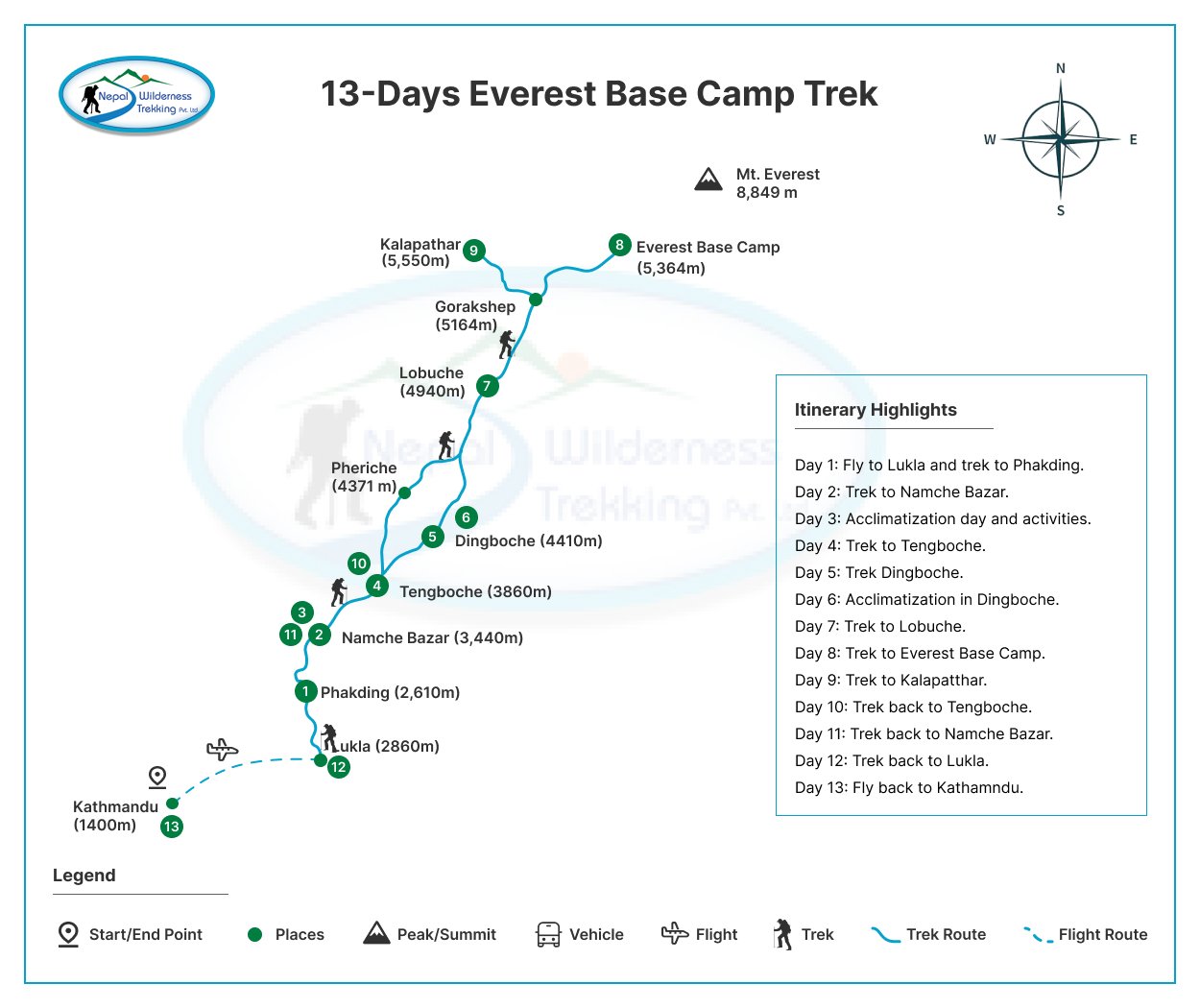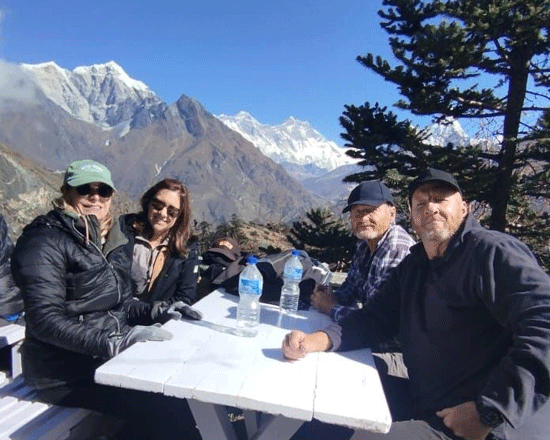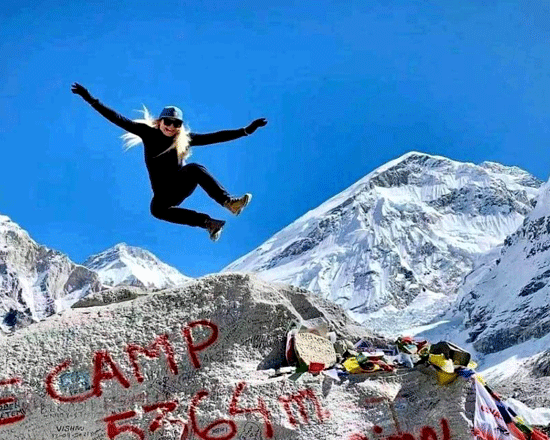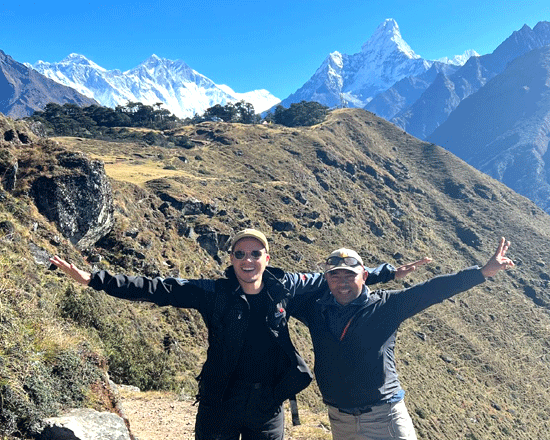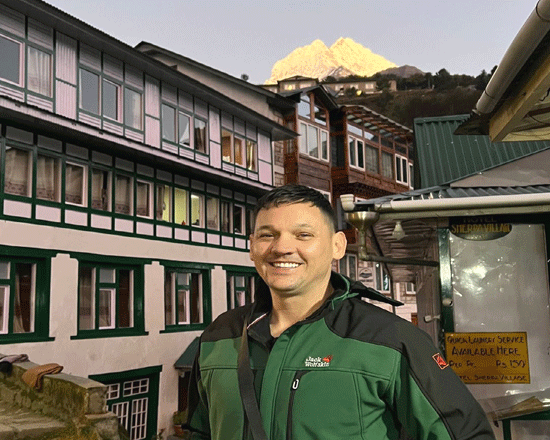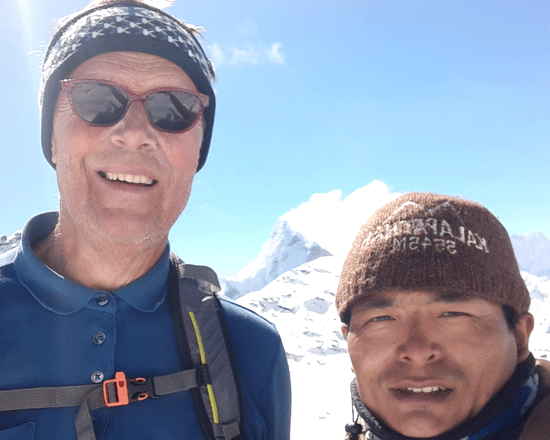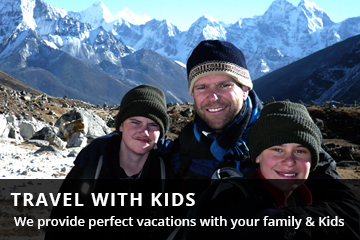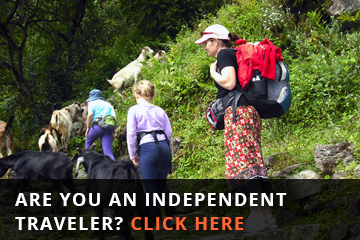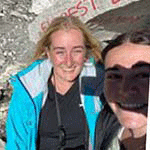
Everest Base Camp and Gokyo with Yakub.
Had an amazing trip with this trekking company! They were very reliable to book online and were very organised with our itinerary and with providing us with some hiking gear. My friend and I did Everest Base Camp and Chola pass to gokyo lakes and the experience was amazing.
Our guide, Yakub, became like family on our trip. He made sure we were always laughing even when we were on a long day of hiking. He let us set our own pace on the trail, so we could walk as fast or as slow as we liked depending on how we felt at the altitude. Yakub made the trip a once in a life time experience that we will never forget.
The hike it’s self was spectacular! It was towards the end of the hiking season so the lodges were not full, but we still met a range of exciting people. The views of snow capped mountains and the colourful roofed villages were unforgettable.
We highly recommend booking with Himal as the trip was catered flexibly to our hiking experience:)

